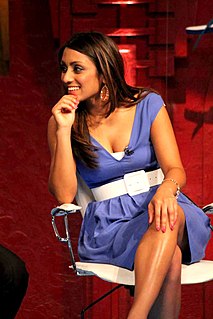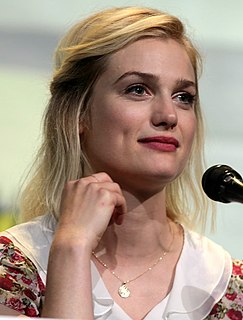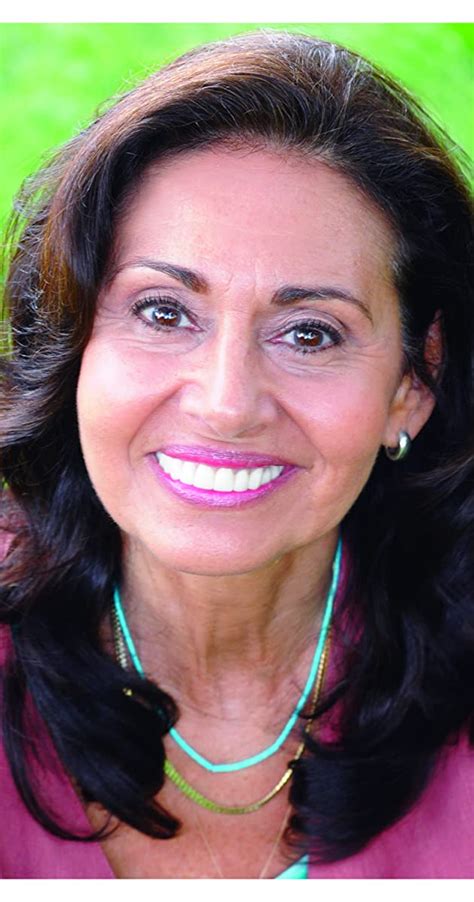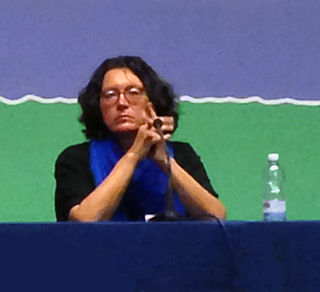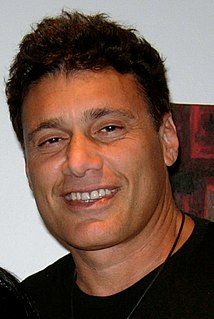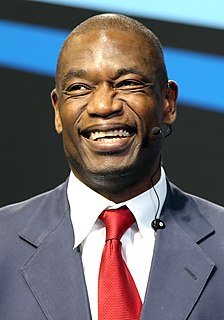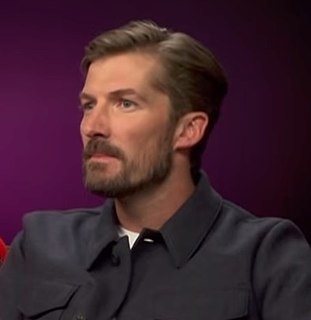A Quote by Rachel Cusk
I was born abroad, but my parents were both English. Still, those few years of separation, and then coming back to England as an outsider, did give me an ability to see the country in a slightly detached way. I suppose I was made aware of what Englishness actually is because I only became immersed in it later in life.
Related Quotes
Back then I was still listening to rhythm and blues, and my aunt took me to see a Pete Seeger concert. And it gelled. He made all the sense in the world to me. I got addicted to his albums, and then Belafonte and Odetta - they were the people who seemed to fuse things that were important to me into music. I think Pete the most because he did what he did to the point where he took those enormous risks and then paid for them.
I was born into a working class Irish Catholic family at the brutal bottom of the Great Depression. I suppose this early imprinting and conditioning made me a life-long radical. My education was mostly scientific, majoring in electrical engineering and applied math. Those imprints made me a life-long rationalist. I have become increasingly skeptical about, or detached from, the assumption that radicalism and rationalism are the only correct perspectives with which to view life, but they remain my favorite perspectives.
I grew up bilingual, I grew up speaking Chinese in the home, Mandarin Chinese with my parents, and I learned English because I was born and raised in the U.S. That really gave me an edge. I understand that, from the experts, if you grew up bilingual, your brain kind of gets wired to accept a new language. It was a very serious deal because not only did I have to learn Russian to a high degree in order to function as a necessary member of the crew, but also I knew that the Russians that came over that made an effort and had some success in learning English, those were the folks we trusted.
I guess I did a couple of things when I was a kid, but they weren't really acting - I think I walked down a corridor or something. Then I didn't want to do it at all. I got into it because both my parents were actors and so I went with the flow. Then I said, "I can't handle this, I don't like auditioning." I still hate auditioning, but it's less painful then it was back then.
As I got older, the role that I ended up (playing) on One Life to Live was a mother because, by then, I had a stable marriage - so I thought - and a beautiful son and mother roles became what I was doing well. I was still the Latina mom who very much related to people who love family. All those traditional values (were) coming back into my life.
As a child, I remember asking my parents when I was five years old, "How come if you are not Zionists, you came to the country?" I was surprised at myself that I asked this question. It means that it was always in the air. Then years later I understood it was because of the Holocaust, because they were refugees. They did not come as immigrants and, because of the illusions of the '50s and the late '40s, my mother said, "The world must be better." She could not imagine that it wouldn't be different.
My agents were like "Come to L.A., we've got meetings for you." I was like "No, I'm doing this now." Then my father became very ill back in England, and I didn't want to be away. I went back to England and did a bunch of crazy indie movies, all of which I loved with a passion, and none of which did any business.
I've always had a passion for giving back. It's a family tradition that comes from my devout parents. They were always giving back and serving the community. So when I became fortunate enough and blessed to play the game of basketball, I was also fortunate enough to follow in my parents' footsteps and give back like the way they did.
Some princes are born in palaces. Some are born in mangers. But a few are born in the imagination, out of scraps of history and hope... Barack Hussein Obama did not win because of the color of his skin. Nor did he win in spite of it. He won because at a very dangerous moment in the life of a still young country, more people than have ever spoken before came together to try to save it. And that was a victory all its own.
Both my parents are English and came out to Australia in 1967. I was born the following year. My parents, and immigrants like them, were known as '£10 poms.' Back then, the Australian government was trying to get educated British people and Canadians - to be honest, educated white people - to come and live in Australia.


